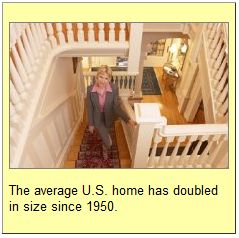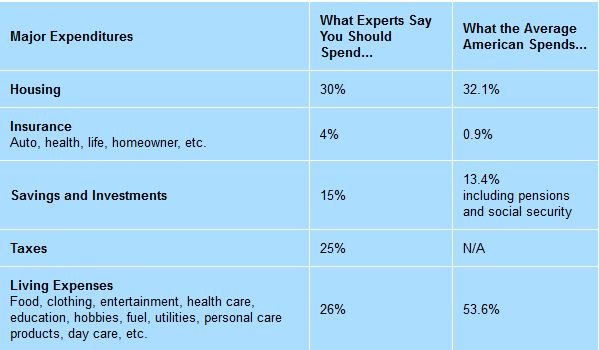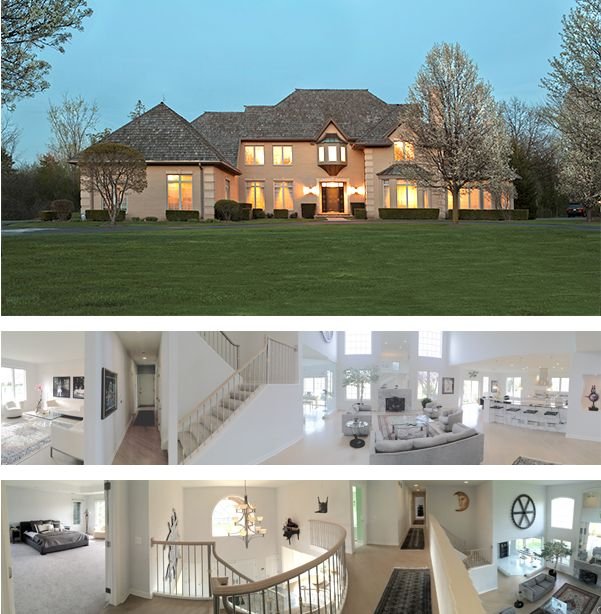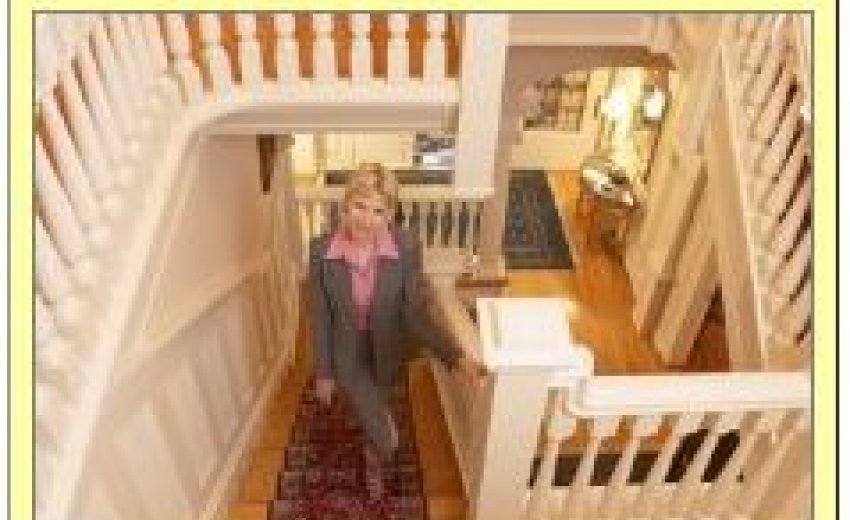In What Ways is a Bigger Home "Worth It"?
In What Ways Isn't It?
©2016 Health Realizations, Inc. Update
Since 1950, the average house in the United States has more than doubled in size to reach an average of 2,349 square feet. No longer - if they can help it - will families share a bathroom as they often did in the '50s, nor will three or four kids share a bedroom.
 Americans buy big homes for many different reasons.
For space, for status, for tax breaks, for the
neighborhood (and schools), and for a feeling of
security. But is a bigger home really a better
investment than a medium size or smaller one?
Americans buy big homes for many different reasons.
For space, for status, for tax breaks, for the
neighborhood (and schools), and for a feeling of
security. But is a bigger home really a better
investment than a medium size or smaller one?
A big home will generally appreciate in value, which means that whenever you decide to sell, you stand to reap a profit, but there are many other things to consider.
Most people consider their home the most important purchase they make in their lives for their families health and happiness plus even for their careers in some cases.
Making a home purchase decision can be like buying artwork or a new car, only on a much larger scale. While many hope for a later return-on-your-investment, most seek and value an ideal: functional lifestyle, enjoyment and the pleasures that are priceless.
Large homes often are in upscale neighborhoods and or communities that can benefit some professional people in their business networking and careers which when factored into the value can displace most concerns of additional costs.
The first recommended step is to list the weigh (0 = low to 10 = high) the most important factors to each member of the family decision makers including the costs and affordability?
The Real Financial Cost of a Big House
Right off the top, a bigger house will cost you more in property taxes, which are about 1 percent to 2 percent of your home's value.
Utilities cost could actually go down or stay the same if your current home has very old HVAC systems. However, if the HVAC systems are the same age then more likely the costs will go up in proportion to how much bigger your home is. For instance, a house that's twice the size of your old one will likely double your energy costs.
Bigger houses also call for more homeowner's insurance, higher premiums, and cost more to repair and maintain (figure maintenance at about 1 percent of your home's value). They may also have bigger yards (and therefore higher landscaping costs).
From an investment standpoint, bigger homes do qualify for bigger tax breaks, but they probably won't compensate or fully offset your higher out-of-pocket costs.
 In fact, The Wall Street Journal broke down two
retirement-savings investment strategies to find out
which was the better option. The options were:
In fact, The Wall Street Journal broke down two
retirement-savings investment strategies to find out
which was the better option. The options were:
- Buying a "small" $400,000 home and paying down the mortgage for 30 years while putting your savings in stock and bond mutual funds.
- Trading your $400,000 home for a big $1 million home, paying down the mortgage, then, come retirement, trading back down to a $400,000 home and living off of the profit.
How Much House is NOT Big Enough or Too Much?
Ultimately, you should buy a house that has enough room for your family so that everyone's comfortable, while keeping in-line with how much you can afford (experts say you should spend about 30 percent of your total income on housing).
Experts say you should spend no more than 90 percent of your total income, leaving 10 percent for savings and emergencies. Broken down further into each major expenditure category, here is what percentage of your total income the experts say you should be spending, compared to what the average American is spending (based on data from the Bureau of Labor Statistics).

Of course, what constitutes a "big" house is all relative.
"I always wanted a house big enough that my kids could be in their room screaming, and my wife could be in a room screaming, and I could be somewhere else and not hear any of them,” said Michael Frisby a former White House correspondent for The Wall Street Journal about his 11,000-square-foot home.
 For others, a two-bedroom condo in the heart of an urban area can feel like a castle.
Especially for empty nesters as they seek to downsize. Especially for empty nesters as they
seek to downsize.
For others, a two-bedroom condo in the heart of an urban area can feel like a castle.
Especially for empty nesters as they seek to downsize. Especially for empty nesters as they
seek to downsize.For others, a two-bedroom condo in the heart of an urban area can feel like a castle. Especially for empty nesters as they seek to downsize. Especially for empty nesters as they seek to downsize.

What's the bottom line? Your home should fit in with your lifestyle and your budget. "Buying a bigger house isn't an investment," writes author Jonathan Clements in The Wall Street Journal Online. "Rather, it is a lifestyle choice - and it comes with a large price tag." Look at your home purchase, whatever amount you budget, as being core to supporting and fitting your current and or future lifestyle needs.
Dare to dream, then make it a reality
Sources
NPR.org
RealEstateJournal.com
MSN Money
Editors note: This article was originally published on Sep. 16th 2016
